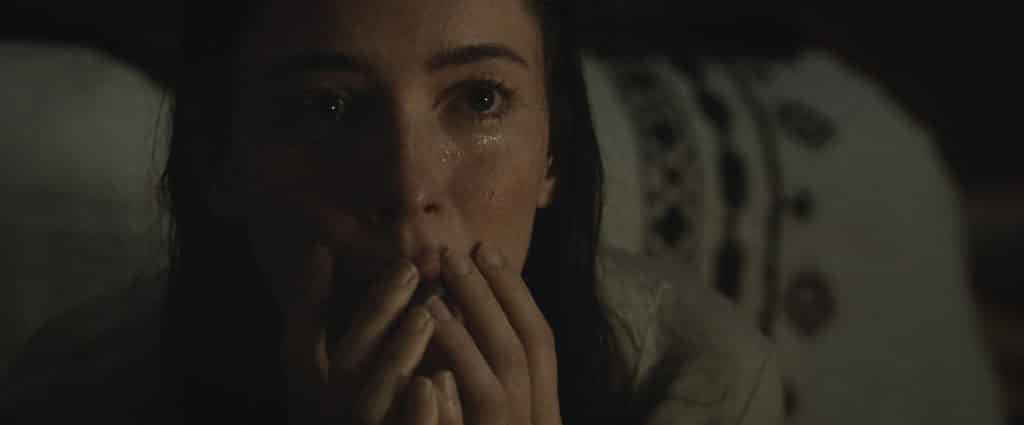Read also:
How to Watch FX Live Without CableHow To Watch AMC Without CableHow to Watch ABC Without CableHow to Watch Paramount Network Without CableThe haunted house thriller goes deeper and lingers longer than you might expect.
It’s strange what grief does to us. Some end up reduced to quivering messes. Others feel inspired to seize their remaining days with vigor. For Beth (Rebecca Hall) in Night House, grieving the suicide of her husband Owen (Evan Jonigkeit) pushes her to sharp retorts and the kind of sarcasm that both obfuscates and reveals pain by day. By night, drinking, attempts to pack up her life, and the ever-growing sense that while Owen’s deceased, he hasn’t exactly left their home, the one he designed and built.
Hall shares the screen with others, including Sarah Goldberg as Claire, Beth’s co-worker and friend who grows increasingly concerned about what grief is doing to Beth and Vondie Curtis-Hall as Mel, a neighbor who Beth and Owen helped “save” after the death of Met’s spouse. However, much of Night House unfolds like a one-woman show where Hall wrestles with Beth’s past and present in what increasingly feels less like a dream house and more like the wreckage of a life derailed.
Increasingly coiled and prone to barely concealed contempt for the people around her, Hall’s Beth is difficult to like, but that’s the point. The way she reacts to every awkward attempt at reassurance is enough to make you avert your gaze in feelings of vicarious scolding. She creates a portrait of grief that’s prickly, unpredictable, and stifling.
Hall’s Beth is difficult to like, but that’s the point.
While Goldberg and Curtis-Hall provide strong support, Hall’s best scene partner is the haunting sound design. The sound of night breezes, the gentle lapping of water at rest, the creaking of a house settling, and Beth’s breathing grip the viewer in almost unbearable tension. Ben Lovett’s score is well done, but I found myself often wishing the film went without it. The effective use of otherwise common sounds so deliciously sets the stage that the score sometimes feels like gilding the lily.
Director David Bruckner and cinematographer Elisha Christian did seem to get that memo, though, as the film is a showcase in narrative and visual understatement. That’s not to say The Night House doesn’t have its share of arresting images. The opening tour of Beth’s (and Owen’s) home catalogs a life interrupted so effectively that by the time Hall is tolerating someone’s offer of support, you already know exactly what’s happened in her life. The climax, which I won’t spoil, does arresting work with negative space that proves both frightening and fascinating. But, largely, Bruckner and Christian recognize their best effect is Hall herself.
The script from Ben Collins and Luke Piotrowski similarly showcases Hall for about ¾ of the film’s running time. As Beth’s “investigation” of her husband’s life begins to reveal increasingly complex details, the film becomes more focused on plot at its possible expense of character.

The ending, especially, may disappoint those who are looking for a film that is definitively one sort of thing or the other. Instead, it navigates a middle path where the hints of the supernatural get explicit explanation AND the themes of grief, depression, and the things we do for our loved ones because of our certainty about what they need become undeniable.
It’s those themes that provide an extra wallop in the film’s home stretch. As the origins of the bumps in the night become less fuzzy, The Night House digs deeper into Beth—and the viewers. The mysterious becomes increasingly confirmed freeing space for viewers to confront and wrestle with the central metaphors.
The Night House, ultimately, reflects its obsession with dichotomy and doubling. It refuses to be just one kind of movie, to provide answers in just one way. As with Beth’s grief, it refuses to be simple. And is so much better for it.
The Night House opens its doors to those who dare on Friday, August 20th.